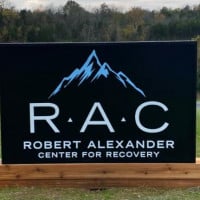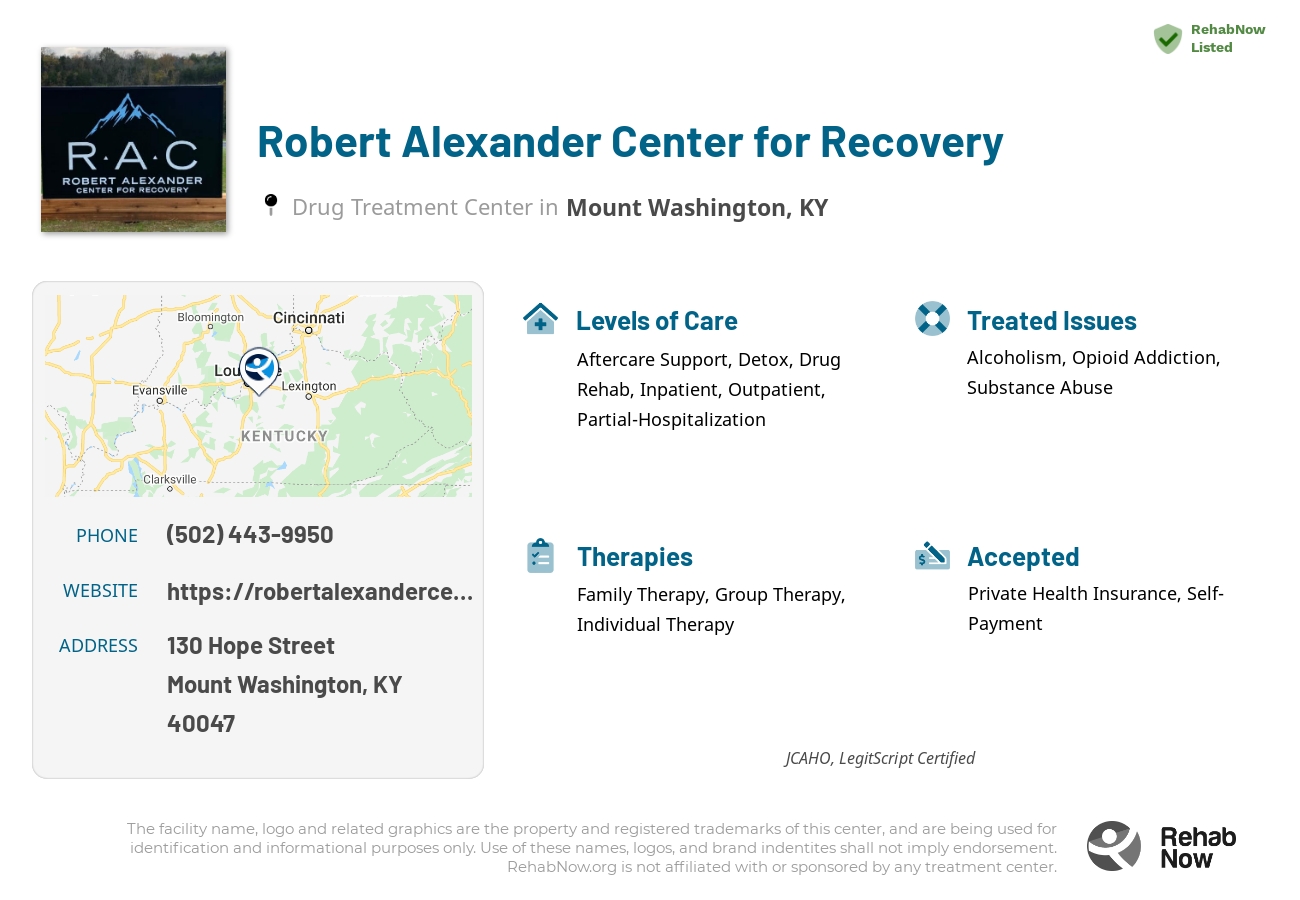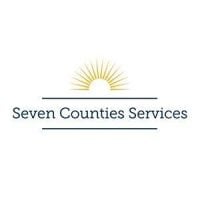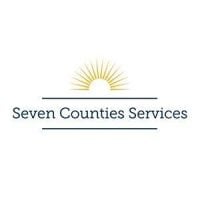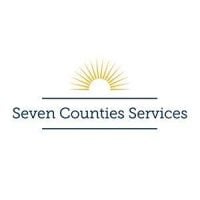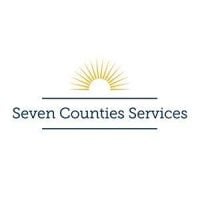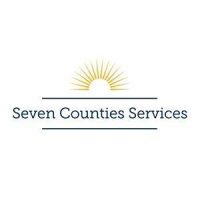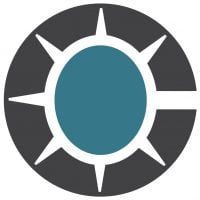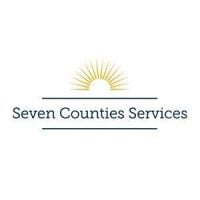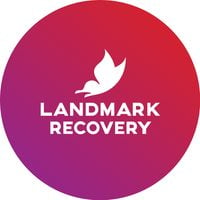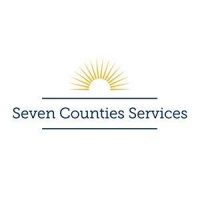Robert Alexander Center for Recovery
Drug Rehab Center in Mount Washington, Kentucky
The Robert Alexander Center for Recovery is an accredited addiction treatment facility in Kentucky offering a range of affordable levels of care, including detox, inpatient, outpatient, and partial-hospitalization programs.
About This Kentucky Facility
Located in Mount Washington, KY, the Robert Alexander Center for Recovery specializes in providing luxurious, evidence-based treatment for drug and alcohol addiction. This CARF-accredited facility stands out by offering personalized care plans and addressing co-occurring mental health issues, ensuring a comprehensive approach to rehabilitation.
- CARF Accreditation: Demonstrates a commitment to excellence and adherence to the highest standards of care.
- Full Continuum of Care: From medically supervised detox and residential treatment to outpatient programs, catering to every step of the recovery journey.
- Family Involvement: Incorporates family therapy to mend relationships and foster a supportive home environment.
Accredited by the Joint Commission and licensed by the Department of Behavioral Health, the Robert Alexander Center employs an array of evidence-based therapies and provides meticulous aftercare planning. This ensures that clients receive the necessary tools and continuous support for sustained sobriety.
The facility is adept at treating various addictions and issues, utilizing cognitive-behavioral therapy, experiential therapy, and more. Different levels of care, including detox, residential treatment, PHP, and IOP, are tailored to meet individual needs, facilitating a personalized path to recovery.
Genders
Ages
Modality
Additional
Accreditations

LegitScript

JCAHO
Conditions and Issues Treated
Substance Abuse Treatment is important when getting sober, as it helps addicts learn the skills they need to live a clean life. There are many different kinds of recovery treatment, including medication-assisted therapy, behavioral therapeutic approaches and self-help groups, as well as counseling.
Opioid abuse has become a national epidemic in the last decade. The US has one of the world’s highest rates of opioid use and abuse, as well as opioid-related deaths. Opioids are classified as Schedule II-IV controlled substances in the US due to their high potential for abuse.
Oxycodone, hydrocodone, methadone, and fentanyl are the most common Opioids and are commonly prescribed to treat pain. Tolerance to opioids develops over time, making life difficult, if not impossible, without them. Opioid users often obtain the drugs illegally. They can be drug dealers, friends, or family members who do not have valid prescriptions.
The desire for a more intense high than prescription opioids can quickly lead to heroin use. Heroin users are more prone to illness and death due to the high risk of overdose.
Many opioid addicts who seek treatment believe that the only way to overcome their addiction is through medical detox and long-term drug addiction rehab. To help patients wean off their addiction and reduce the risk of overdose, medication-assisted therapy (MAT) involves prescribing a replacement opioid. Doctors use MAT in conjunction with other anti-craving medications to help patients maintain recovery. Due to the high risk of relapse, MAT is often combined with individual and group counseling and social support programs.
Levels of Care Offered at Robert Alexander Center for Recovery
This center offers a variety of custom treatment tailored to individual recovery. Currently available are Aftercare Support, Detox, Drug Rehab, Inpatient, Outpatient, Partial-Hospitalization, with additional therapies available as listed below.
The detoxification process typically includes some combination of the following: medical supervision, medication to help alleviate withdrawal symptoms, drug testing to monitor progress, and counseling.
Tackling the physical symptoms of withdrawal is essential to ensure that an individual can focus on the psychological aspects of the addiction without focusing on the physical pain that comes with withdrawal.
Withdrawal symptoms can be uncomfortable, even life-threatening, so carefully managing the detox process is extremely important. In many cases, more advanced pharmaceutical interventions are used to treat more severe withdrawal symptoms. Medication might help alleviate discomfort associated with detox, including nausea and headaches.
Inpatient treatment centers offer a safe, secure, and often medically supervised environment for drug or alcohol-addicted individuals. Many of these facilities are equipped to provide detoxification, treatment for co-occurring mental health disorders, and aftercare programs. The patient typically spends 28 to 30 days at the facility and will receive extensive drug counseling.
An outpatient treatment program is set up to help with alcohol or drug addiction or a co-occurring disorder. The patient must attend the facility for their therapy and other programs but can return home each night.
The frequency of mandatory attendance decreases after much of Robert Alexander Center for Recovery‘s program is complete.
Outpatient treatment is a recovery approach that allows recovering addicts to live at home while getting rehab for addiction
An outpatient can include day treatments which include attending group sessions one hour per week. A person living in an outpatient environment may be allowed the opportunity to work full time if they choose to and continue studies without interruption from drugs/alcohol.
Outpatient treatment is an option for people who want to maintain their careers and families. Outpatients live at home but attend treatment such as individual counseling, group counseling, or twelve-step meetings during the day.
PHP is another way to receive a significant amount of treatment while decreasing the time commitment and cost. It involves counseling, group meetings, peer interaction, and many of the same benefits of inpatient treatment. This can be a good option for stepping down from inpatient treatment in anticipation of a fully independent life.
Aftercare support is vital to the success of someone in drug or alcohol treatment. It involves assisting with entering a sober living home, getting career counseling or educational assistance and even getting the individual lined up with programs like AA and NA. This support helps recovering addicts readjust to normal day-to-day activities and maintain sobriety.
When a person is in drug or alcohol treatment, they have to increase their focus on themselves. They need to learn how to recognize the triggers that cause them to relapse and learn the habits that would benefit them if they were to be sober. This is all part of the growth in recovery, and aftercare is essential to that process.
Therapies & Programs
At Robert Alexander Center for Recovery , to learn from past mistakes and improve one’s situation, the recovering person meets individually with a therapist. The counselor or therapist will address addiction causes, triggers, mental issues, dual diagnosis, and aftercare plans during this time. This is a very intense and challenging process. Some clients find it easier to open up to someone other than family or friends who understand their struggles with addiction.
Family therapy is a crucial part of drug treatment and getting sober. It is one of the most effective ways to help addicts stay on the path to long-term sobriety. An addict’s family can play a vital part in helping them to avoid relapse. They can spot the warning signs and help them get back on track.
In group therapy, recovering addicts meet with a therapist and other people in recovery. Some groups are closed, meaning only people who share the same addiction or problem can attend. Others are open to anyone who wants to stop using drugs or drinking alcohol. Group therapy sessions typically focus on one topic each week or month so that recovering addicts can discuss issues they face daily.
Payment Options Accepted
For specific insurance or payment methods please contact us.
Is your insurance accepted?
Ask an expert, call (888) 674-0062
Additional Details
Specifics, location, and helpful extra information.
Mount Washington, Kentucky 40047 Phone Number(502) 443-9950 Meta DetailsUpdated April 15, 2024
Staff Verified
Is Robert Alexander Center for Recovery a LegitScript Verified Treatment Facility?
According to our most recent records, we have found this center to be LegitScript verified.
Patient Reviews
There are no reviews yet. Be the first one to write one.
Mount Washington, Kentucky Addiction Information
Kentucky ranks among the top ten states for opioid-related overdoses. Most of these are due to heroin, fentanyl, and prescription opioid use. A little over 11% of the Kentucky population abuses alcohol in a given year. More than 15% of Kentucky adults admit to participating in binge drinking every month.
Treatment in Nearby Cities
- Cynthiana, KY (71.5 mi.)
- Brandenburg, KY (34.8 mi.)
- Emmalena, KY (143.3 mi.)
- Florence, KY (82.4 mi.)
- Scottsville, KY (96.2 mi.)
Centers near Robert Alexander Center for Recovery
The facility name, logo and brand are the property and registered trademarks of Robert Alexander Center for Recovery, and are being used for identification and informational purposes only. Use of these names, logos and brands shall not imply endorsement. RehabNow.org is not affiliated with or sponsored by Robert Alexander Center for Recovery.
